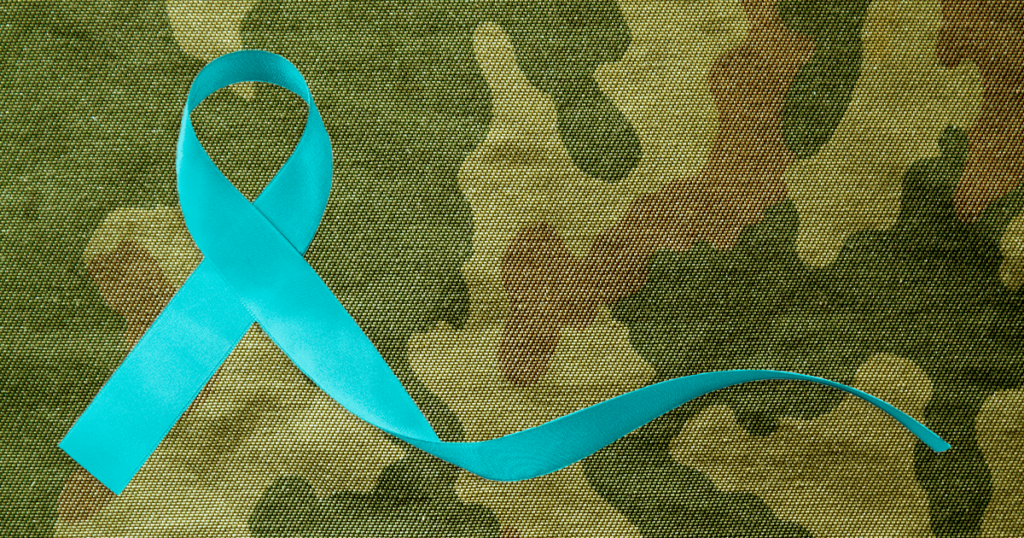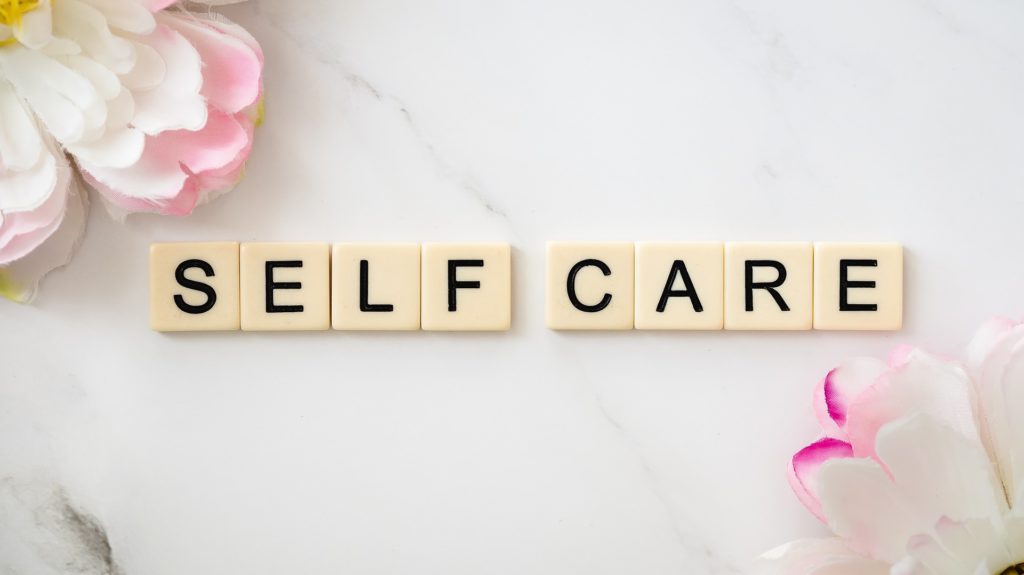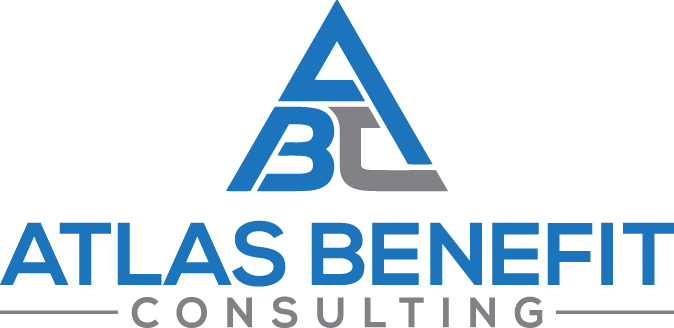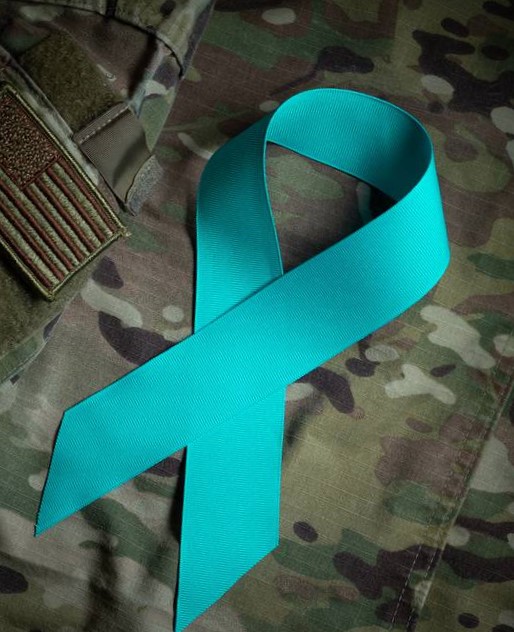Our last two posts have been about military sexual trauma (MST):
- Military Sexual Trauma Part 1 topics: Defining MST, how common is it, background and history, what to do when it happens
- Military Sexual Trauma Part 2 topics: Why it’s difficult to prove military sexual trauma, how the VA rates it, the process for filing a claim related to MST, providing a sexual assault emergency hotline number
Today’s post will provide a more detailed rating chart for better understanding of how the VA rates conditions that MST contributes to, such as PTSD, depression, anxiety, etc., and resources for victims and survivors of military sexual trauma, regardless of the VA disability or compensation outcome.

The National Sexual Violence Resource Center provides a list of information and resources for military sexual trauma.
Rating Chart
The VA rates mental health conditions under one umbrella. This chart breaks down the symptoms/severity with the correlating rating.
| Symptoms | Rating |
|---|---|
|
Need to meet at least 3: • Total occupational and social impairment |
100% |
| Need to meet at least 4:
•Occupational and social impairment, with deficiencies in most areas, such as work, school, family relations, judgment, thinking, or mood |
70% |
|
Need to meet at least 4: •Occupational and social impairment with reduced reliability and productivity |
50% |
| Need to meet at least half:
• Occupational and social impairment with occasional decrease in work efficiency and intermittent periods of inability to perform occupational tasks (although generally functioning satisfactorily, with routine behavior, self-care, and conversation normal) |
30% |
|
•Occupational and social impairment due to mild or transient symptoms which decrease work efficiency and ability to perform occupational tasks only during periods of significant stress |
10% |
| •A mental condition has been formally diagnosed, but symptoms are not severe enough either to interfere with occupational and social functioning or to require continuous medication. | 0% |

Military Sexual Trauma Info and Resources
Visit the VA Military Sexual Trauma Page
Information
- Having a clear understanding of what military sexual trauma is is crucial. If you haven’t already, go back and read our two previous blog posts on this topic here.
- The VA has a fact sheet available here.
- Protect our Defenders compiled a fact sheet based on the Department of Defense Sexual Assault Prevention and Response (SAPRO) reports from 2016-2020 here.
- Military Times has published several articles on MST.
Resources and Treatment Options
- The VA provides free treatment for mental or physical conditions related to experiencing military sexual trauma. The veteran does not have to be on disability or have any claims or reports related to MST to receive or be eligible for treatment.
- Every VA medical and Vet Center, and many veteran community outpatient clinics offer services and treatment related to MST. Services include:
- Medication evaluation and treatment, psychological assessment and evaluation, and solo or group psychotherapy
- Counseling services
- Mental health treatment in inpatient or residential facilities; for those needing more involved and intense care and treatment
Visit the SAFE Hotline Page Here
- Department of Defense SAFE Hotline:
- Chat 24/7 with a trained staff member at no cost
- Call 877-995-5247 to talk 24/7 on the phone with a trained staff member
- Information and guidance on how to report retaliation
- RAINN (rape, abuse and incest national network) offers support options:
- Call 800.656.HOPE (4673) toll-free 24/7 to speak to a trained sexual assault staff member. It is anonymous, and beyond just listening, they can help provide resources, connect you with local help, etc. if asked.
- A live chat option
- A mobile app for support, self-care, and information. Download at the App Store or on Google Play.
 Holistic / Self-help Tips
Holistic / Self-help Tips
We highly recommend and encourage anyone who experienced any form of military sexual trauma to seek some form of professional care. Along with care from a medical professional or trained counselor, there are some things the individual can do to help with caring for themselves:
- Eat a well-balanced and healthy diet. Increase vegetable, fruit, and water intake. Decrease processed, fried or sugary food consumption.
- Avoid the use of alcohol. Alcohol negatively affects the body and mind’s ability to healthily process and handle symptoms of PTSD, anxiety, depression, and more.
- Try to be physically active each day. If working out or cardio isn’t an option, try a 20 minute walk around your neighborhood or at the park.
- Avoid drug use or overuse. If substance abuse is an issue (regarding alcohol or drugs) reach out for more information on the VA’s substance use disorder facilities here.
- Find a safe place or person to share your experience, feelings, and concerns with. A counselor or therapist can be very beneficial, but being able to share with a trusted friend or family member can also make a difference.
- Don’t stay isolated. Connection is key! Join a club, group, or spend time talking or visiting with a friend to have someone in your life who you are reaching out to and staying in contact with on a regular basis.
- A good night’s sleep is crucial! Do your best to establish a consistent routine before bedtime to give your body the best chance of restful sleep. This looks different for everyone, but we have a ton of tips available in our blog post on better sleep for veterans!
- Try yoga, meditation, or breathing exercises daily. It may feel awkward and difficult at first, but over time these practices will feel more natural. All 3 practices have been scientifically linked to decreasing anxiety, depression, and improved emotional health and sleep, when practiced regularly.
Connect With Our Team
Atlas Benefit Consulting can help you navigate the complexities of the VA rating and benefit process. Many veterans are underrated and not receiving the maximum benefits and compensation that they have earned and deserve. Connect now with one of our team members for a free consultation to determine if you are receiving your maximum! Read our Better Business Bureau and Google reviews here!
Click Here for Info on Your Free Consultation


